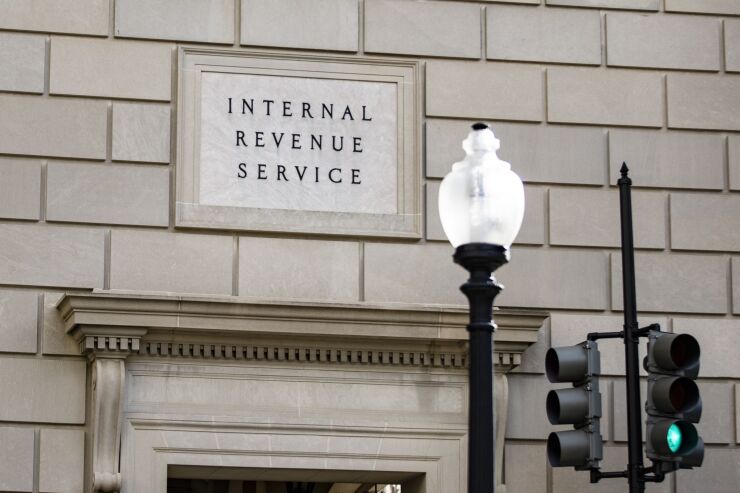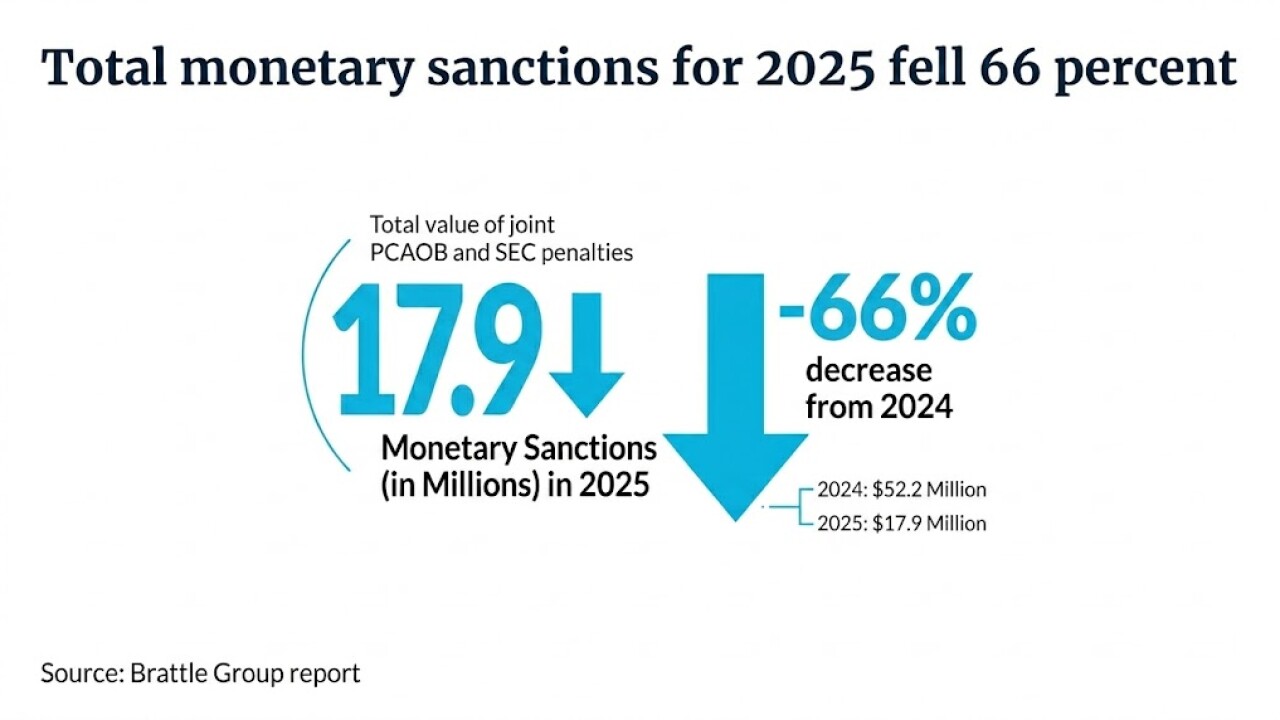The Internal Revenue Service and the Treasury Department proposed regulations to identify micro-captive transactions as abusive tax transactions after the Supreme Court ruled against the IRS in a case two years ago involving the transactions.
In May 2021, the Supreme Court ruled in favor of CIC Services, a company in Knoxville, Tennessee, that specializes in helping small and midsized business owners set up their own captive insurance companies to protect their assets (
Instead, the district court dismissed the lawsuit, saying it was barred by the Anti-Injunction Act, which typically requires those contesting a tax's validity to first pay the tax before filing a legal challenge. A divided appeals court affirmed the dismissal. The Supreme Court sided with CIC in a 9-0 decision, and remanded the case back to the district court for a determination on whether or not Notice 2016-66 should be formally enjoined.

The IRS had not first designated micro-captives as listed transactions within proposed regulations while allowing outside comments before issuing final regulations. Other court decisions in the Sixth Circuit Court of Appeals and the U.S. Tax Court ruled that the IRS lacks the authority to identify listed transactions and transactions of interest by notices, such as Notice 2016-66, and instead needs to identify such transactions by following the notice and public comment procedures that apply to regulations. Last March, the District Court for the Eastern District of Tennessee vacated IRS Notice 2016-66, which designated micro-captive insurance arrangements as "transactions of interest," and thus reportable transactions (
On Monday, the IRS responded with proposed regulations, releasing
Listed transactions are abusive tax transactions that have to be reported to the IRS and have the potential for tax avoidance or evasion.
Tax law generally allows businesses to create "captive" insurance companies to protect against insurance risks, and provides that certain small non-life insurance companies can choose to pay tax only on their investment income under Section 831(b) of the Tax Code. In abusive micro-captive structures, promoters, accountants or wealth planners persuade owners of closely held entities to participate in schemes that lack many of the attributes of genuine insurance.
The Treasury and the IRS said they disagree with the court decisions that contend the IRS lacks authority to identify listed transactions by notice, and they are continuing to defend listing notices in litigation except in the Sixth Circuit. The Treasury and the IRS will, however, no longer take the position that transactions of interest can be identified without complying with notice and public comment procedures. The Treasury and the IRS issued the proposed regulations to ensure the court decisions don't disrupt the IRS's ongoing efforts to combat abusive tax shelters throughout the nation.
The IRS has consistently disallowed the tax benefits claimed by taxpayers in abusive micro-captive structures. Some taxpayers have challenged the IRS position disallowing these micro-captive tax benefits in court, but none has been successful. To the contrary, the Tax Court has now sustained the IRS's disallowance of the claimed tax benefits in three different cases.
The Treasury and the IRS said they intend to finalize these proposed regulations after due consideration of public comments in 2023 and intend to issue proposed regulations identifying additional listed transactions in the near future.





